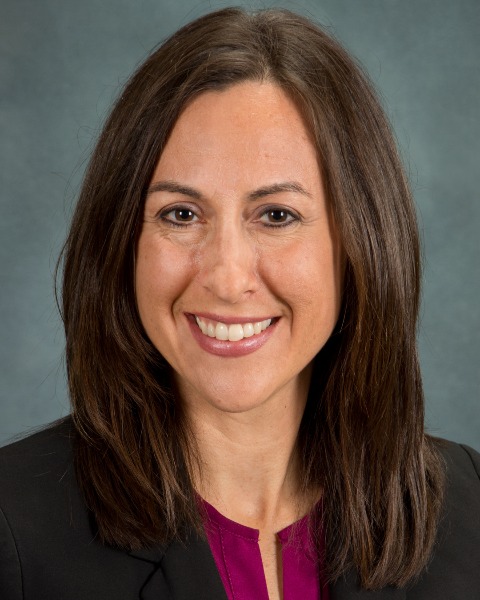Timing of Vasopressin Initiation and Response in Septic Shock
-

Lolade Bakare, PharmD
Critical Care Pharmacy Resident
University of Rochester Medical Center
Rochester, NYDisclosure information not submitted.
-
MB
Mikaela Brown, PharmD
Critical Care Pharmacist
University of Rochester Medical Center, United StatesDisclosure information not submitted.
-

Christine Groth, BCCCP, PharmD, FCCM
Clinical Pharmacy Coordinator-Adult Critical Care and Emergency Medicine
Strong Memorial Hospital of the University of Rochester
Rochester, NYDisclosure information not submitted.
First Author(s)
Co-Author(s)
Title: Timing of Vasopressin Initiation and Response in Septic Shock
Introduction: Surviving Sepsis guidelines discuss a relative vasopressin deficiency as the duration of shock progresses though the relationship of this deficiency and response to vasopressin has yet to be elucidated. This study’s aim is to discover the impact duration of septic shock has on responsiveness to vasopressin in critically ill patients.
Methods: This single-center retrospective study examined adult ICU patients with septic shock who received vasopressin for greater than 2 hours admitted from January 2019 to December 2019. Patients were identified by ICU admission and order for a continuous infusion of vasopressin. Goal objectives were to evaluate if early initiation (< 6 hours of septic shock onset) or late initiation (≥ 6 hours of septic shock onset) of vasopressin was associated with vasopressin responsiveness. Vasopressin response was defined as: increase in MAP > 65 or reduction in catecholamine dose within 6 hours after initiation of vasopressin. Categorical data were compared using Fisher’s exact test.
Results: A total of 41 patients were included with 22 who received vasopressin in < 6 hours after shock onset (median [IQR] age 70 [59-72], 45.4% female, median SOFA score on first day of ICU admission 11 [9-13]) and 18 who received vasopressin ≥6 hours after shock onset (median age 65 [58-72], 42.1% female, median SOFA score 10 [9-11]). Norepinephrine was the most frequent first line vasopressor used and vasopressin was the most frequent second line agent used in both groups. Median time to vasopressin initiation was 5 [3-24] hours. Vasopressin response occurred in 14/22 patients (64%) in the < 6 hours group compared to 19/19 (100%) patients in the ≥ 6 hours group (P=0.007). Median vasopressin duration was 15 hours [9-36] in the < 6 hours group compared to 21 [10-36] in the ≥ 6 hours group with doses ranging from 0.01 to 0.05 units/min. Patients in the < 6 hours group had a shorter median ICU length of stay (7 days [2-15.5]) and lower 30-day mortality (n=13, 59%) compared to the ≥ 6 hours group (7.5 days [4-27.5]) and (n=13, 68.4%), respectively.
Conclusion: Late initiation of vasopressin was associated with a higher vasopressin response rate but appears to have worse outcomes. More data is needed to determine the optimal time to initiate vasopressin.
